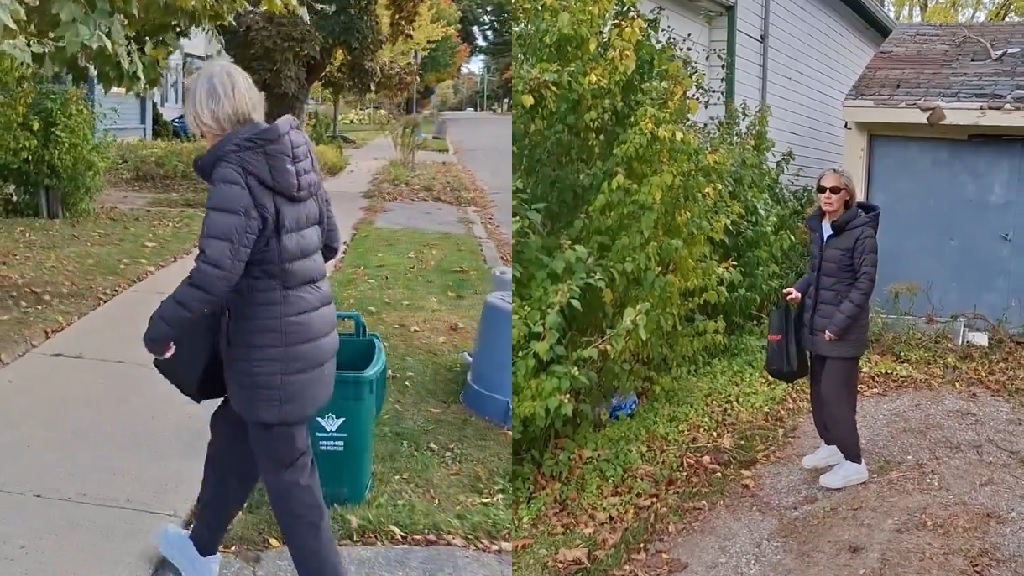On October 15, 2024, a disturbing incident of racial hostility took place in Waterloo, Canada, when Ashwin Annamalai, a Canadian citizen of Indian descent, was confronted by a woman who angrily demanded he “go back to India.” The encounter was captured on video and shared by Annamalai on X, garnering over 1.7 million views. The situation arose as Annamalai was walking on the sidewalk and, unprovoked, the woman reportedly gestured in a rude manner. When approached about her aggression, she attributed her behavior to a belief that there were “too many Indians in Canada” and insisted that Annamalai had no right to be in the country. Despite Annamalai’s attempts to correct her misconceptions about his citizenship and heritage, the woman continued to express her disdain.
This confrontation highlights a broader trend of increasing racial tensions in Canada, particularly in the Kitchener-Waterloo area, where Annamalai resides. Having moved to Canada from India as an international student in 2018, Annamalai obtained Canadian citizenship and has since become a vocal presence against racism. He shared with CTV News that he has witnessed a troubling rise in incidents of hate, not just directed at him but affecting his friends and community at large. The situation he encountered is part of a concerning pattern of public aggression towards people of color in the region.
Following the incident, Annamalai reported it to the Waterloo Regional Police Service, which has since launched an investigation. He noted that such episodes are not isolated, hinting at a growing climate of animosity against immigrants and visible minorities. This particular episode resonated deeply not only with Annamalai but with many others who have faced similar sentiments in a once-welcoming community. He articulated the emotional toll that these heightened incidents of racism have inflicted on him and others, underscoring a collective anxiety felt by immigrants regarding their place and acceptance in Canadian society.
Local officials have rallied in support of Annamalai in the wake of this incident. Regional Councilor Colleen James publicly condemned the racism displayed during the encounter, expressing her sorrow that members of the community continue to experience such hateful acts. Another councilor, Rob Deutschmann, labeled the incident as “terrible” and emphasized that there is no justification for such behavior. Their responses reflect a broader acknowledgment of the issues surrounding hate crimes in the area, which have reportedly spiked significantly, as indicated by data showing that Waterloo region had the highest rate of hate crimes in Canada last year, with 34 incidents per 100,000 people.
Annamalai’s confrontation has sparked conversations beyond individual incidents. It serves as a reminder of the ongoing challenge of fostering an inclusive society where diversity is embraced rather than resented. This situation is symptomatic of a larger societal issue, where immigrants, particularly those from visible minorities, find themselves battling entrenched biases that can erupt into open hostility. The local authorities’ recognition of these issues underscores the importance of community engagement and efforts to combat racism proactively.
In conclusion, the incident involving Ashwin Annamalai has drawn significant attention not only due to its shocking nature but also because it reflects a troubling rise in racial animus within Canada. Support from local officials signals a commitment to addressing these grievances and protecting community members from discrimination. The broader implications of this event call attention to the need for ongoing dialogue and action to promote tolerance and understanding, as the challenges faced by Annamalai and others echo throughout various communities across the country. As Canada seeks to uphold its values of diversity and inclusion, such incidents demand urgent reflection and response from all sectors of society.

